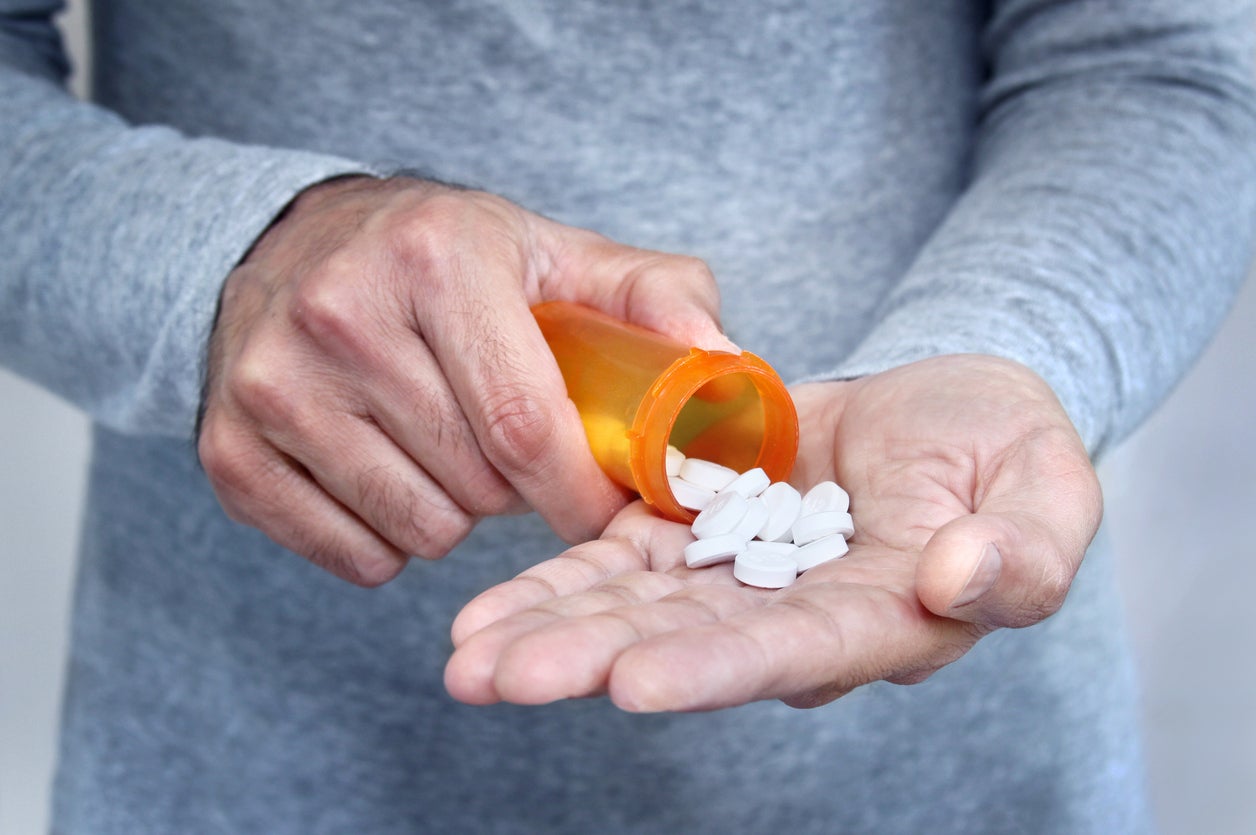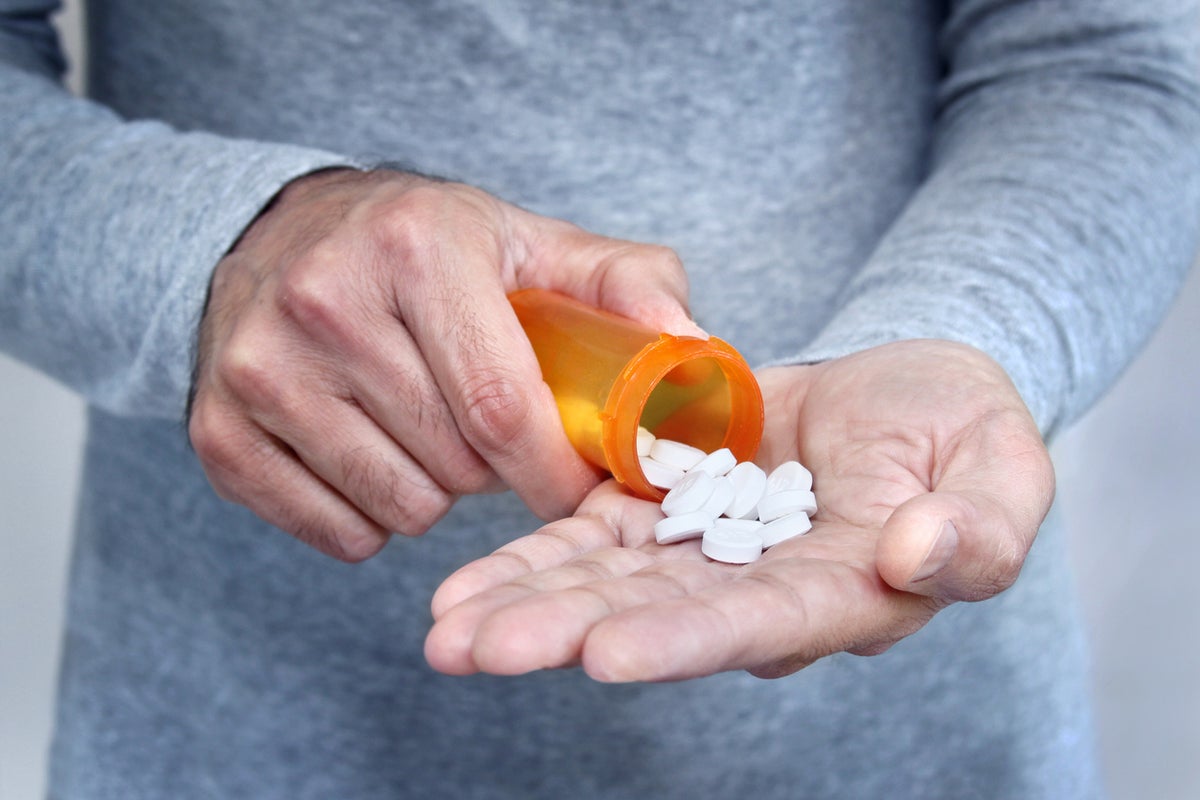Your support helps us to tell the story
From reproductive rights to climate change to Big Tech, The Independent is on the ground when the story is developing. Whether it’s investigating the financials of Elon Musk’s pro-Trump PAC or producing our latest documentary, ‘The A Word’, which shines a light on the American women fighting for reproductive rights, we know how important it is to parse out the facts from the messaging.
At such a critical moment in US history, we need reporters on the ground. Your donation allows us to keep sending journalists to speak to both sides of the story.
The Independent is trusted by Americans across the entire political spectrum. And unlike many other quality news outlets, we choose not to lock Americans out of our reporting and analysis with paywalls. We believe quality journalism should be available to everyone, paid for by those who can afford it.
Your support makes all the difference.Read more
A major recall of thousands of bottles of medication has been upgraded to a higher risk level.
In September, a U.S. Food and Drug Administration Enforcement Report announced that Ascend Laboratories was recalling 141,984 bottles of its Atorvastatin Calcium Tablets, a medication used to lower cholesterol. The recall is due to “failed dissolution specifications,” which is when a drug does not dissolve the way it was supposed to during laboratory testing.
However, as of October 10, the recall was declared a Class II, which is a situation “in which use of or exposure to a violative product may cause temporary or medically reversible adverse health consequences or where the probability of serious adverse health consequences is remote,” per FDA.
The recall affects tablets which were distributed nationwide, in 90-count, 500-count, and 1,000-count bottles. Bottles have Expiration Dates up to February 2027.
Recalled tablets can also be identified by specific lot numbers, which can be found here.
 The medication was recalled because it did not dissolve properly during labratory testing (Getty Images)
The medication was recalled because it did not dissolve properly during labratory testing (Getty Images)
When dissolution of a medication fails, it means the drug may not be “available for the body to absorb,” per the FDA.
However, there weren’t any reported illnesses.
According to Yale Medicine, 47 million Americans take cholesterol medication each day. Usually, the medication is “a statin, a pill that has a powerful impact on keeping the heart healthy.” A statin can “help to clear it away and reduce the amount” of cholesterol, also known as waxy substance, in the blood.
“This keeps the cholesterol from leaving fatty deposits (called plaque) in the arteries, greatly reducing the risk of heart attack or stroke,” the medical site adds.
Meanwhile, other medications have been recalled this year. In June, Little Remedies Honey Cough Syrup was recalled over the “presence” of Bacillus cereus, a type of bacteria that can cause two types of foodborne illnesses, and because of “loss of shelf-stability.”
The recall described the symptoms associated with both foodborne illnesses. One can cause nausea, vomiting, and stomach cramps starting one to six hours after consuming contaminated food. The second illness can cause stomach cramps and diarrhea starting 8 to 16 hours after exposure.
“Although healthy individuals may suffer only short-term illness, exposure to high levels of foodborne B. cereus can cause death,” the recall notice warned at the time.
The popular cough syrup was sold by retailers throughout the country and online from December 14, 2022, to June 4, 2025. However, there were no serious adverse effects reported because of the recall.

